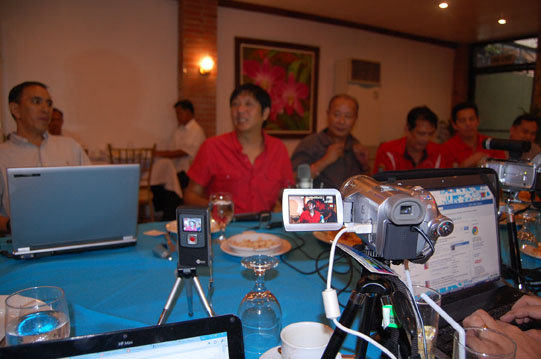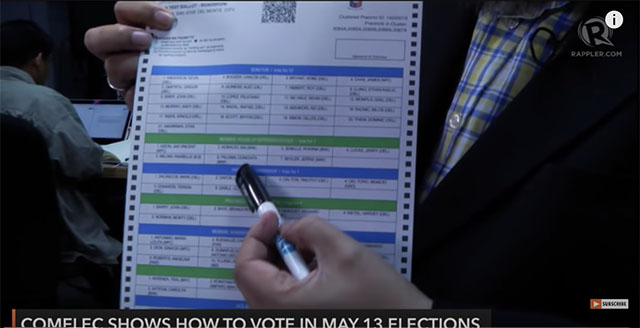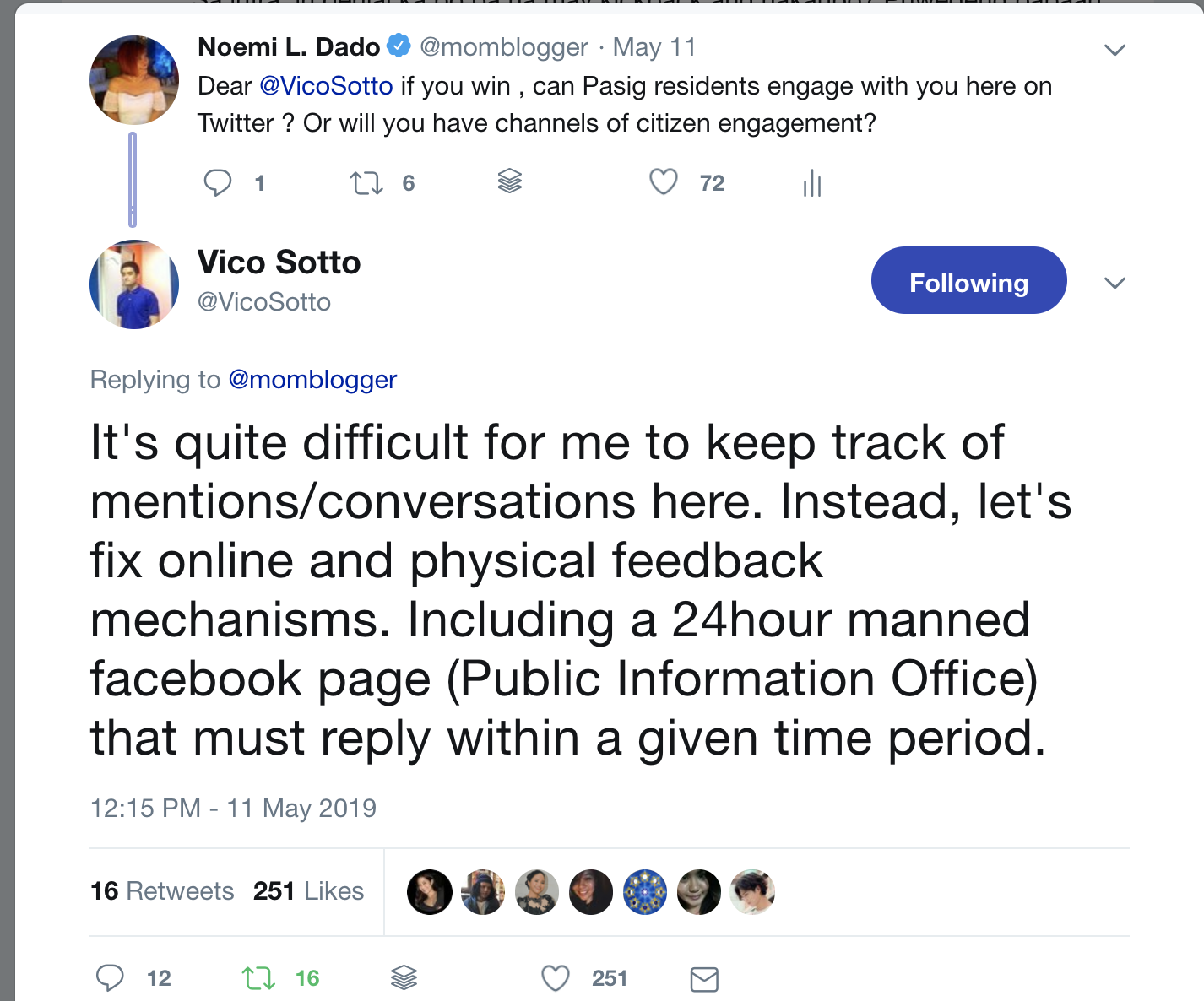All in the family: Bongbong Marcos
I would like to take this political career that I have embarked upon as far as it can go. The ultimate position is to be president,” said Ferdinand R. Marcos Jr. (otherwise known as Bongbong Marcos) .
Philippine elections remind us that the roles of feudal instincts and the family name play in that nation’s politics. Benigno Simeon “Noynoy” Aquino III, son of the late President Corazon Aquino, is one of the front runners to succeed President Gloria Macapagal-Arroyo (GMA), daughter of Diosdado Macapagal, a president in the 1960s. GMA in turn wants to stay in power by running for a congressional seat in her home province in Pampanga. Perhaps in six years, Bongbong, the son of former President Ferdinand Marcos Sr. might also eye for a position in the presidency.
This “All in the family” series will feature three children of preceding presidents who aim or ran for the same position as their parents. Let’s take a look at Bongbong Marcos in this first of the “All in the family” series.
When the Marcos family got booted out of power in 1986 after their 20-year hold on the Philippines, one of the very first videotaped images of the family that we saw on national TV was of Bongbong, his siblings and friends dressed up in costumes, with champagne glasses in hand, singing “We are the World,” aboard the presidential yacht.
Most of us who lived during the Martial law years may not like Bongbong because his baritone voice sounds similar to his father that many have learned to hate. The late President Marcos Marcos Sr. was president of the Philippines from 1966 to 1986, much of it as a dictator whose brutal rule was marked by massive rights abuses and the disappearance of thousands of opposition activists.
It felt strange to find myself in a yacht jazz concert with Bongbong and friends together with a few bloggers, not in the same presidential yacht, of course. I used to shudder with disgust during rallies aimed against the Pres. Marcos Sr.but Bongbong didn’t appear intimidating. My impression was that he was a quiet guy during the Marcos regime. In fact the only thing I remember about him were his handsome features and his artistic temperament. During those martial law years, there was nothing scandalous about him. It didn’t help that there was much censorship of the press. This time at the yacht, Bongbong entertained his friends with his saxophone playing and singing. I told him that I barely knew him and thought he was quiet during those days. He gave out a charming laugh, “We will arrange a talk over dinner”.
Yes, Bongbong Marcos is indeed thinking of running for president someday.“I’m in this career, so of course, I would like to take it as far as I can. You always want to be better, more successful in your career. But I don’t wake up each morning, planning on what I should do today to become president.”
• He is running for senator in 2010 elections under the Nationalist Party: “After 19 years as governor, vice-governor, and representative of Ilocos Norte, I believe I am now more than ready to serve on the national stage.”
• As senator, his advocacies will be: “To bring us back to the basics – greater public investment in infrastructure, health services, education, peace and order, political stability and implementing an understandable system of government.”
Bongbong Marcos said the fight against corruption would be one of the things he would spearhead if and when he gets to the Senate. Asked if he thought he had the moral ascendancy to fight corruption, he said: “Of course. Even the worst critics of my father’s administration would admit there was nothing. Maybe there were a few who managed to do wrong … but not like this where it’s institutionalized, where the boss is ordering you to get something from this or that.” Imee Marcos pointed out that she and her brother served in the government for a number of years without being tainted with corruption issues.“There’s a great deal said about the Marcos legacy and I think the proof of the pudding is in Bongbong … We have served for over a decade, unbesmirched by any kind of corruption issue,” she said.
Perhaps, Bongbong does not need the credentials of his parents to be elected to a national position. The last name helps of course especially in name recall during surveys. In fact, Bongbong topped the December 27-28 Social Weather Survey (SWS).
Unresolved issues about former Marcos Sr. still exist today, that can be taken against Bongbong.
When the Marcoses fled Malacañang in February 1986 during the first People Power, the country had a foreign debt of $28 billion. Following our loan schedule, Filipino taxpayers will pay for the foreign debts of Marcos until 2025 – 59 years after he assumed office and 39 years after he was kicked out. The $28 million debt left behind by the former president did not go to infrastructure development projects or social programs of government. It has been estimated that Marcos Sr. pocketed around 33 percent of the country’s total borrowings during his term. This amount translates to more than $8 billion.
Will Bongbong do anything about the debts if elected as senator? Many of former Pres. Marcos’s debts are illegitimate– they harmed the Filipino people while enriching Marcos Sr. and his cronies. A pro-people debt management need to make debts serve our needs and interests, and not put unnecessary burden on the people.
Bongbong emphasizes the family never did anything wrong, and one day his father’s legacy would be vindicated by history. “The only thing I inherited from my parents is a good name. Everything else has been taken away,” he said.
The yacht cruised Manila Bay as the sun went down and while watching Bongbong croon to seventies music and dabble with his saxophone, I cannot help but wonder if indeed he will somehow vindicate the Marcos name.
Photo and video by author. Some Rights Reserved




